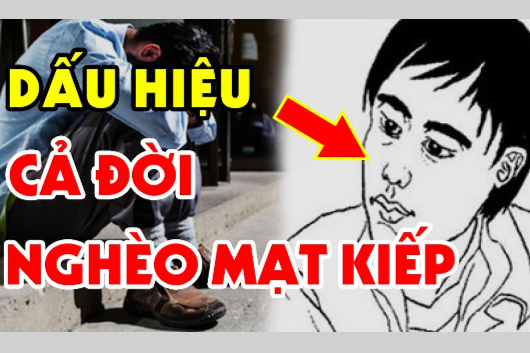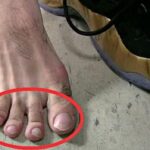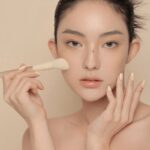Physiognomy, or the study of facial features and body characteristics to predict one’s personality, destiny, and life path, is an ancient practice. In this article, we delve into the physical traits associated with poverty in men, exploring their mouth, nose, forehead, and other indicators as interpreted through the lens of traditional physiognomy.
Lackluster Eyes with No Spark
According to physiognomy, men with poverty-stricken features often exhibit certain physical traits and an overall demeanor that reflects a life of hardship. Some prominent characteristics include a lackluster gaze, devoid of any spark: Eyes that lack luster, often cast downward or averted, betray a sense of insecurity or fatigue from enduring life’s challenges. Individuals with this trait tend to suffer from chronic illnesses and usually experience financial struggles in their lives.
These features not only mirror one’s circumstances but also hint at personality traits such as a tendency towards pessimism, indecisiveness, or a struggle to overcome adversity.

Upside-Down Boat-Shaped Mouth with Wrinkles at the Corners
In physiognomy, an upside-down boat-shaped mouth with wrinkles at the corners indicates a life of hardship. This mouth shape, characterized by a downward curve, conveys a sense of sadness and suggests challenges in one’s endeavors. When coupled with uneven, sparse teeth, it can signify financial instability and a tumultuous life. Despite any exceptional talents, individuals with this mouth shape tend to experience financial difficulties.
Depressed Nose with Upturned Nostrils
The nose is considered the “wealth palace” in physiognomy, directly influencing one’s finances and career. Men with poverty-stricken features often have the following nasal characteristics:
A small, low nose: A nose that lacks height, with a broken or diminutive bridge, often signifies weak financial luck, making it challenging to accumulate wealth. People with this trait tend to work hard but earn little.
Upturned nostrils: Nostrils that tilt upward or are overly exposed suggest an inability to retain wealth, leading to financial dissipation even if money is earned. Additionally, a crooked or asymmetrical nose that lacks balance with the rest of the face indicates instability in one’s career, inviting failure or deception.
Low Forehead with Wrinkles and a Dark Complexion

The forehead represents intellect, career, and early life destiny. Men with poverty-stricken features often exhibit the following traits in their foreheads:
A low, narrow forehead: A forehead that is not expansive, or one that is low or recedes, indicates limited intellect, a lack of foresight, and challenges in achieving significant success. A forehead riddled with chaotic wrinkles, lacking clear horizontal or vertical lines, signifies a life of toil and worry from an early age.
Coupled with a dark, dull complexion lacking radiance, it often suggests poor health and an unfavorable destiny.
Disclaimer: This information is for entertainment purposes only.
“How to Respond When Your Child Asks, ‘Are We Poor?’”
“As parents, our responses to our children’s inquiries can shape their cognitive development. Thus, it is crucial to be mindful and thoughtful in our replies, ensuring that we provide age-appropriate and accurate information. Our answers can lay the foundation for their understanding of the world, so let’s approach each question with care and attention.”



































